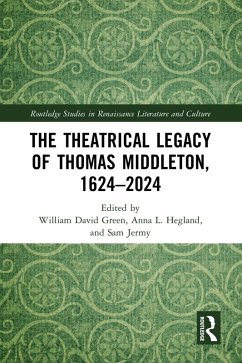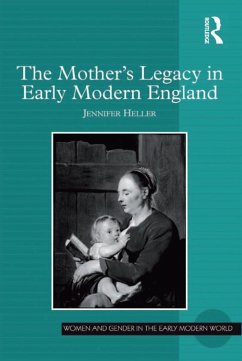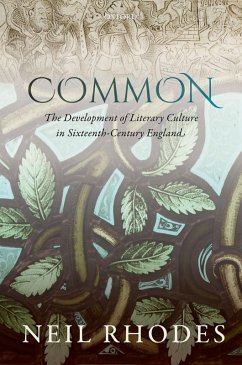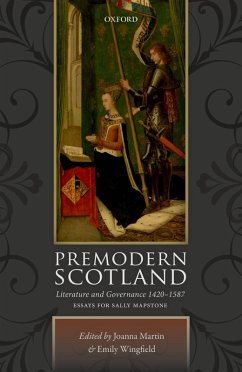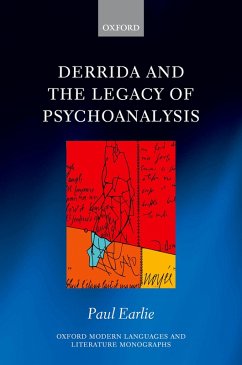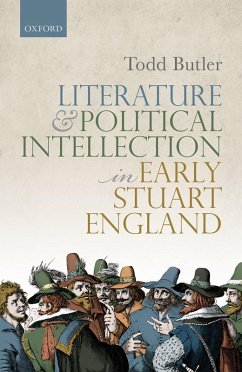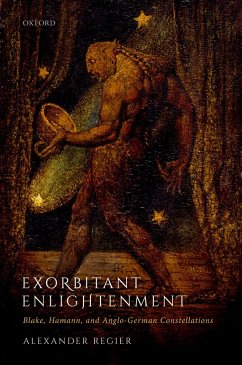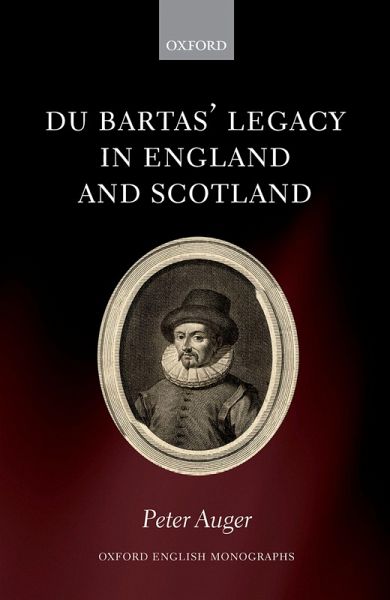
Du Bartas' Legacy in England and Scotland (eBook, ePUB)
Versandkostenfrei!
Sofort per Download lieferbar
28,95 €
inkl. MwSt.
Weitere Ausgaben:

PAYBACK Punkte
14 °P sammeln!
Guillaume de Saluste Du Bartas was the most popular and widely-imitated poet in sixteenth- and seventeenth-century England and Scotland. C. S. Lewis felt that a reconsideration of his works' British reception was 'long overdue' back in the 1950s, and this study finally provides the first comprehensive account of how English-speaking authors read, translated, imitated, and eventually discarded Du Bartas' model for Protestant poetry. The first part shows that Du Bartas' friendship with James VI and I was key to his later popularity. Du Bartas' poetry symbolized a transnational Protestant literar...
Guillaume de Saluste Du Bartas was the most popular and widely-imitated poet in sixteenth- and seventeenth-century England and Scotland. C. S. Lewis felt that a reconsideration of his works' British reception was 'long overdue' back in the 1950s, and this study finally provides the first comprehensive account of how English-speaking authors read, translated, imitated, and eventually discarded Du Bartas' model for Protestant poetry. The first part shows that Du Bartas' friendship with James VI and I was key to his later popularity. Du Bartas' poetry symbolized a transnational Protestant literary culture in Huguenot France and Britain. Through James' intervention, Scottish literary tastes had a significant impact in England. Later chapters assess how Sidney, Spenser, Milton, and many other poets justified writing poetic fictions in reaction to Du Bartas' austere emphasis on scriptural truth. These chapters give equal attention to how Du Bartas' example offered a route into original verse composition for male and female poets across the literate population. Du Bartas' Legacy in England and Scotland responds to recent developments in transnational and translation studies, the history of reading, women's writing, religious literature, and manuscript studies. It argues that Du Bartas' legacy deserves far greater prominence than it has previously received because it offers a richer, more democratic, and more accurate view of sixteenth- and seventeenth-century English, Scottish, and French literature and religious culture.
Dieser Download kann aus rechtlichen Gründen nur mit Rechnungsadresse in A, B, BG, CY, CZ, D, DK, EW, E, FIN, F, GR, HR, H, IRL, I, LT, L, LR, M, NL, PL, P, R, S, SLO, SK ausgeliefert werden.




